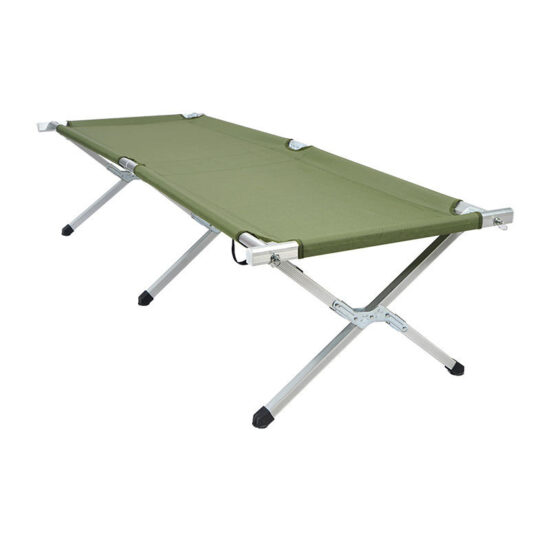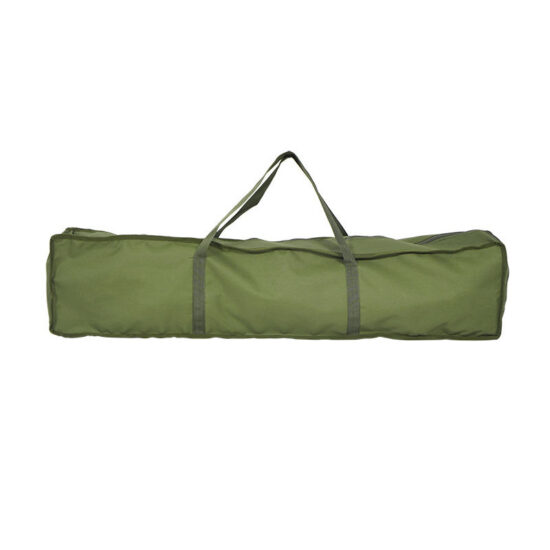bob@nbdho.com
Solo Camping Safety Tips: What Every Adventurer Should Know
Solo Camping Safety Tips: What Every Adventurer Should Know
Camping alone is an empowering and peaceful experience—but it also comes with unique risks. Whether you’re heading into the backcountry or just spending a night in a remote spot, here are essential safety tips every solo adventurer should know:
🧭 1. Plan and Share Your Itinerary
- Tell someone: Always inform a friend or family member of your exact location and expected return time.
- Stick to the plan: Avoid spontaneous changes unless absolutely necessary.
🧰 2. Pack Smart and Light
- Carry a first-aid kit, multi-tool, headlamp, and fire-starting tools.
- Bring extra food and water in case of emergencies.
- Use a GPS or compass—don’t rely solely on your phone’s signal.
🧼 3. Stay Hygienic and Healthy
- Sanitize hands before eating or treating wounds.
- Treat water from natural sources with filters or purification tablets.
- Keep your food sealed to avoid attracting animals.
🐻 4. Be Wildlife-Aware
- Research local wildlife and how to avoid encounters.
- Store food in bear-proof containers or hang it away from your tent.
- Make noise while hiking to avoid surprising animals.
🏕️ 5. Choose a Safe Campsite
- Camp on higher ground to avoid flooding.
- Avoid areas with signs of animal activity or falling branches.
- Keep your shelter secure and gear stowed properly.
🌦️ 6. Watch the Weather
- Check the forecast before you leave—and bring appropriate clothing.
- Know basic survival techniques for rain, snow, or extreme heat.
- Don’t camp near rivers or on cliffs if storms are expected.
🆘 7. Carry Emergency Communication Tools
- Consider a satellite phone, personal locator beacon (PLB), or Garmin inReach.
- Know how to send an SOS and when to use it.
🔥 8. Fire Safety First
- Build campfires only where allowed, and never leave them unattended.
- Fully extinguish fires before sleeping or leaving the site.
- Keep a safe distance between the fire and your tent.
🧘 9. Trust Your Instincts
- If something feels off—leave. It’s better to move to a new spot or even head home than ignore a gut feeling.
- Stay aware of your surroundings, especially at night.
📚 10. Keep Learning
- Take a wilderness first-aid course or basic survival class.
- Learn how to navigate with a map and compass.
- Understand how to handle emergencies calmly and confidently.
Solo camping is about self-reliance, but preparation is your best companion. Respect nature, trust your instincts, and enjoy the serenity—safely.
Want a printable checklist version of these tips? Just say the word!

